View Section 1: Marketing Your Manure
On-Farm Composting
You can choose to watch this video, read the section, or do both. "Learn More" resources are available at the bottom of the page.
Watch It:
Read It:
But before you dive into selling your compost, you first must consider your goals.
- horticulture
- erosion control
- landfill cover
- community projects
There can be a significant difference in compost quality requirements for different end users. Finding the right market is just as key as your ability to produce compost. If you’re just starting out, a picky market may not be for you.
Topsoil blends could be up a beginners alley. They tend to be pretty easy to make because you cut your compost with mineral soils, which gives you a bit more leeway.
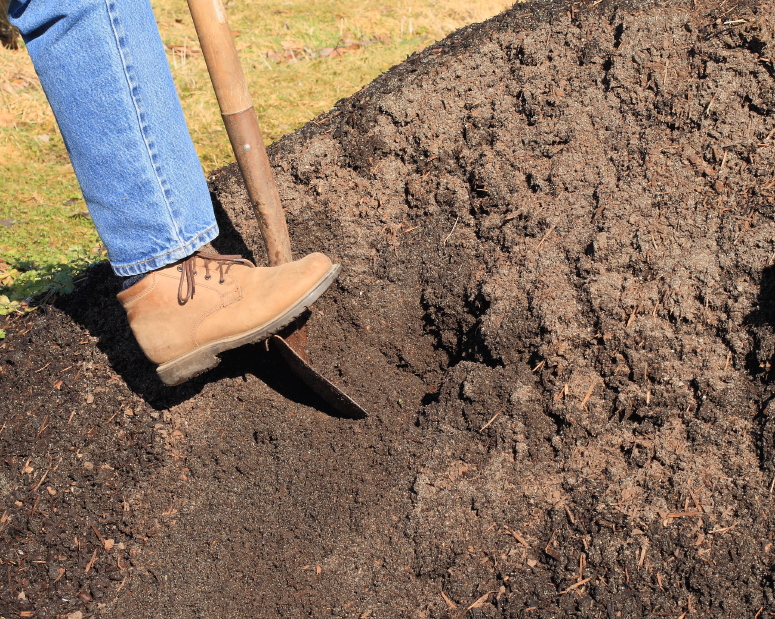
Container mixes and potting soils may be more difficult for someone just starting out. You can make more money with these mixes, but plants and most flowers require certain blends in order to stay healthy. You must be sure your compost is compatible with those requirements.
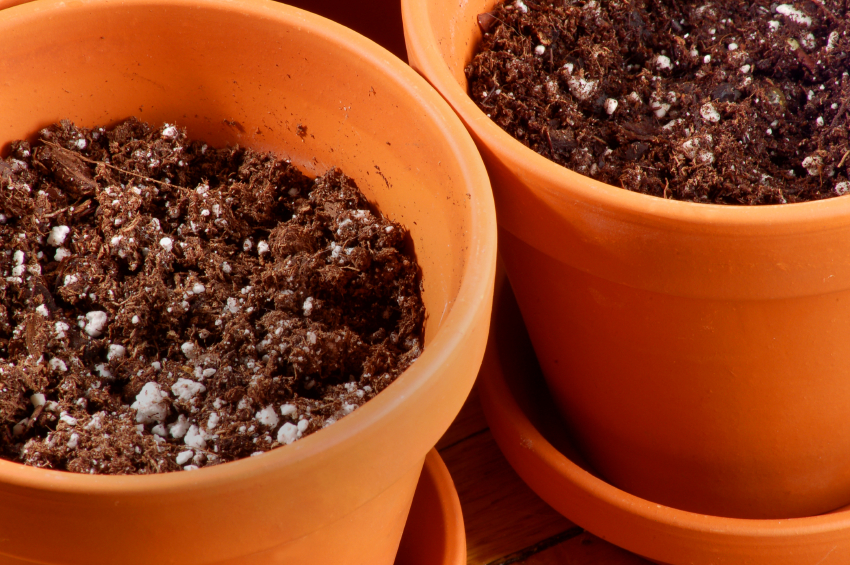
Sensitive plants make working with compost for nursery beds a challenging market. Using the correct compost, with the appropriate levels of organic matter, can help improve plant growth in nursery beds.
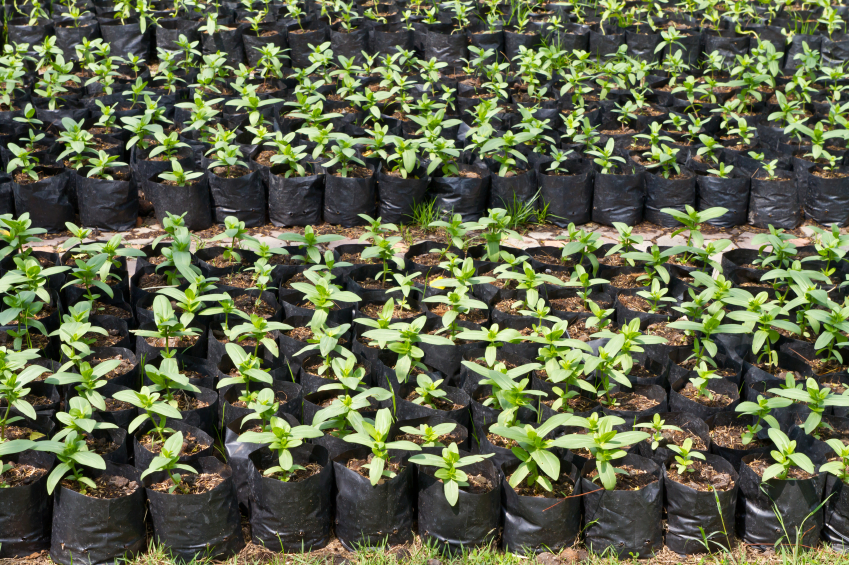
Turf establishment is a forgiving market, but you can still encounter some issues. Compost can be used to amend soils that will, in turn, help the turf grow.
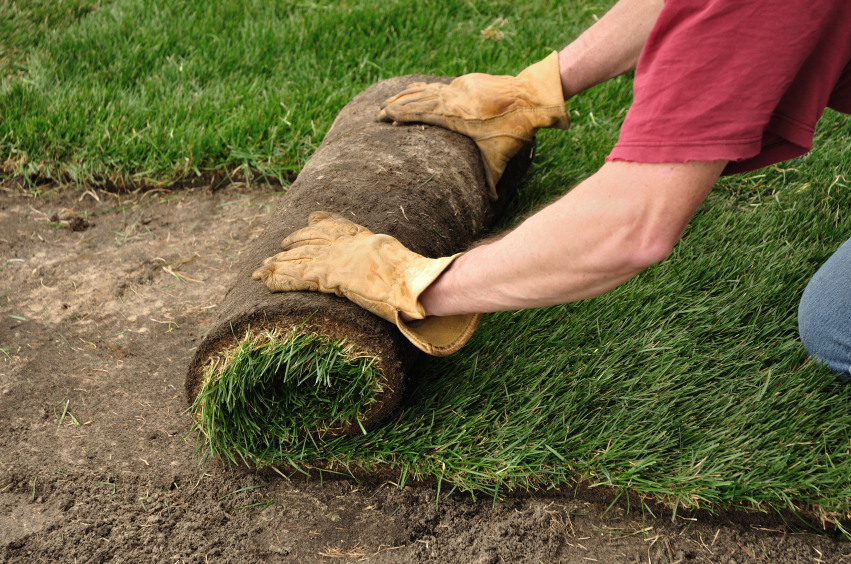
There is a wide variety of different types of compost that can be used for erosion control, such as blankets and socks. Studies have shown that compost is an effective medium for minimizing soil loss and erosion in areas where surface soils have been disturbed. (Source: Cornell University's Waste Management Institute, Compost Fact Sheet 1)

An example of erosion control is road construction. Departments of transportation need compost for fill and regrading in many construction projects.

Tree and shrub back-filling can be a tricky market. Compost can help keep roots firmly packed and more capable of retaining moisture. These roots especially need something to be firmly packed. Using compost that retains moisture can help the rest of the plant deliver the nutrients it needs.
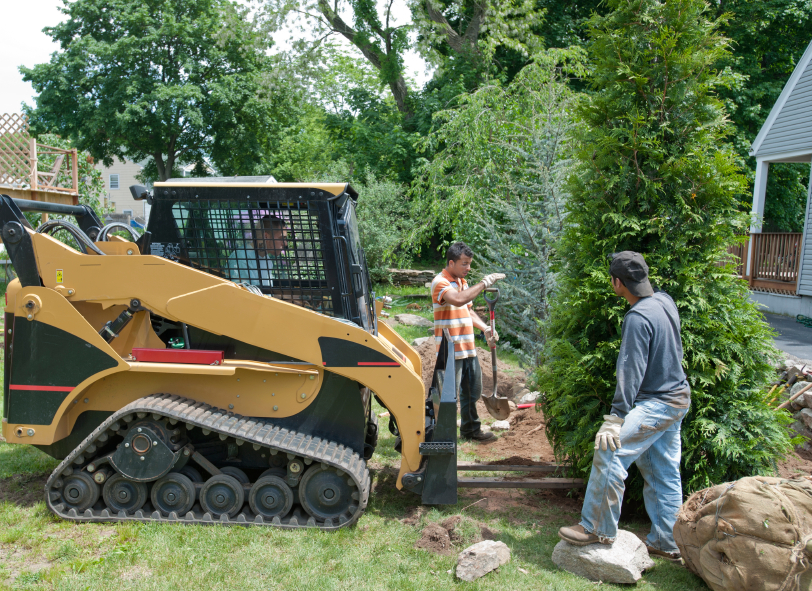
Vegetable crops will be a tricky market; the key is to watch the phosphorous. However, many fruit and vegetable crops benefit from compost due to their deficiency in the same nutrients that are abundant on livestock farms.
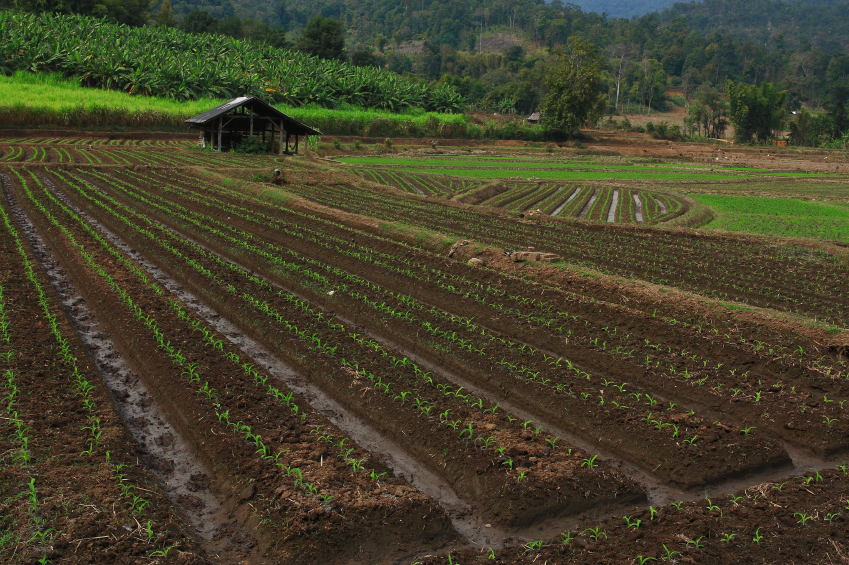
You can use the above list to help determine who you’re going to sell your compost to, if you choose to sell it at all. Certain feed stocks in your compost will sell better to certain customers -- that’s why it is so important to know who you’re selling to and what they’re going to use it for. Determine how your compost will be used, whether it be for general use or organic use.
Learn More:
- PDF: Learn how to market your compost to meet consumer needs (Compost Fact Sheet #1, Cornell Waste Management Institute)
- Video: Learn how to marketing your manure (Jean Bonhotal, Cornell University)
- Video: Learn how to use compost as a soil amendment for crops (Fred Kelly, Resource Conservationist, USDA-NRCS)
- Video: Learn several practical considerations for when you begin composting (Jay Fischer, Ag Choice LLC)
- Video: Learn soil fertility basics (Dr. Joseph Heckman, Rutgers University)
